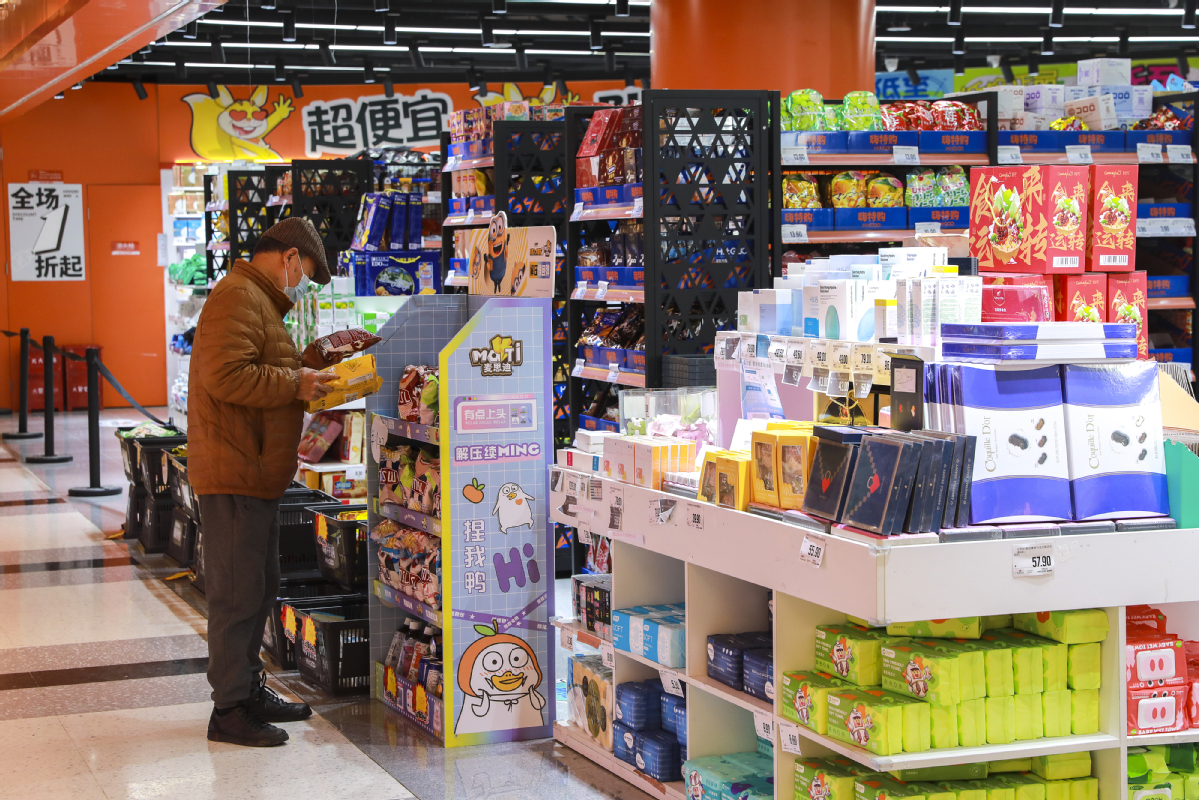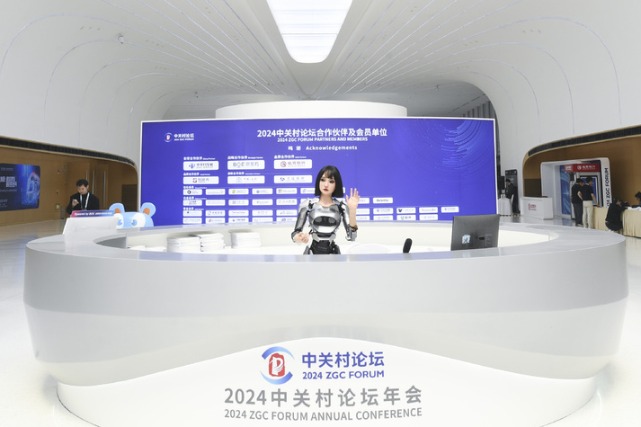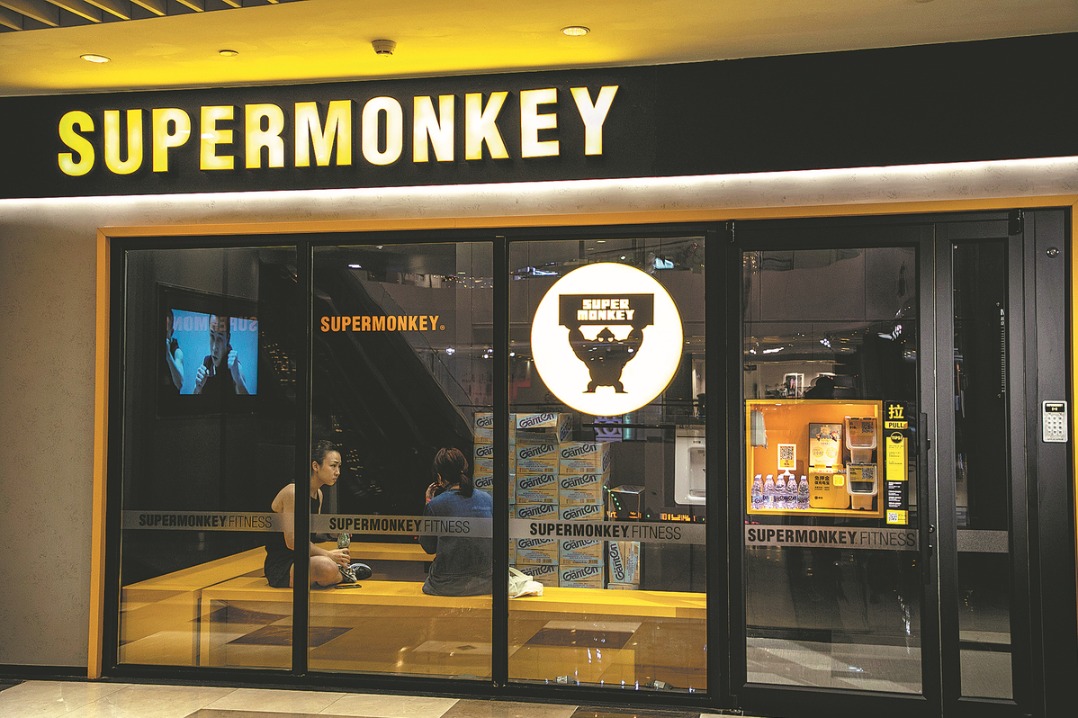Discount retailers making mark among price-conscious bargain hunters


Product discount campaigns are emerging and showing promising development trends, becoming one of the hottest topics in the retail sector amid declining performances among hypermarkets and soaring sales in high-end membership stores, said industry experts.
Local retailers are also actively exploring and experimenting with discount stores. However, whether retail discount operations will become a strong force in China's future consumer goods and services sector remains to be seen, said Wang Hongtao, deputy secretary-general of the China Chain Store & Franchise Association.
Wang said the association has observed the significant challenges facing the supermarket industry in recent years.
In January, the CCFA conducted a survey on the overall performance of regional supermarkets in 2023, covering over 10,000 stores involving more than 40 companies. The survey found that only 41.8 percent of supermarkets achieved positive sales growth in 2023, which was a slight decrease from the 44.3 percent reported in 2022.
"The retail industry is undergoing a period of significant transformation, with local supermarkets adopting cautious strategies such as closing unprofitable stores, slowing expansion and enhancing internal management," said Wang.
On the other hand, high-end membership stores like Sam's Club and Costco continue to open new stores in first and second-tier cities, achieving record-breaking sales per store, Wang added.
In recent years, discount stores have played an important role in retail industry trends in Japan, Europe and the United States.
Zhang Qiang, founder and CEO of Hitgoo, a retail discount chain, said in China, the next decade will also be a decade of discount store expansion. The discount store model, mainly focusing on daily necessities and foodstuffs, can be successful in the domestic market and presents certain opportunities, said Zhang.
Hitgoo plans to serve 120 million customers and achieve sales of 38 billion yuan ($5.28 billion) in the next three years. In 2023, Hitgoo's sales reached some 8 billion yuan, and it plans to achieve sales of around 10 billion yuan by the end of 2024.
Zhang said their operational strength, store expansion capabilities and supply chains have contributed to the rapid growth of Hitgoo's scale and profitability.
Currently, Hitgoo is expanding its stores through direct operation and franchising business models. There are currently over 300 stores in the north, and Hitgoo has over 400 directly operated stores nationwide. This year, Hitgoo will focus on expanding in the south, with plans to reach 1,000 stores by the end of 2024.
Lin Yongqiang, chairman of Guanpark Supermarket based in Fujian province, said their stores adopt a hard discount format, with each store having a standard operating area of 300 square meters, offering 2,000 kinds of products, focusing only on standard products, without bulk and fresh goods being prioritized.
Guanpark discount stores are more simply decorated and have low labor costs due to shortened circulation processes and restructuring of supply chain relationships, Lin said.
He said that whether hard discounts or soft discounts are on offer, ultimately, discount stores are about efficiency — who is more efficient and who is less so — in terms of supply chain efficiency and operational efficiency.
Lin said that if retailing has value, it can create value for consumers.
"We need to adapt constantly and avoid anxiety," he said.
Chen Liping, a professor at Capital University of Economics and Business, said the notion that "all supermarkets in China should transition to discount stores" is a misconception.
"Different consumers have different preferences, and enterprises should provide appropriate quality products to meet consumer needs," Chen said.
Chen suggested that the retail industry should address issues such as the aging population, smaller households, the rise of single-person households and the loss of commercial populations in rural areas, by creating value for consumers.
"Value creation is the biggest trend in the future development of the retail sector," said Chen.
Looking at the future development of Chinese supermarkets, Chen said strategic management will become the most important factor determining the survival of enterprises.
In a market environment characterized by economic downturn, sluggish consumption and an aging demographic, retailers need to reposition their target markets and be able to understand customer needs and convert them into products that create value for customers, he said.
In an environment of a graying population and declining birth rates, product cost-effectiveness and time-cost effectiveness are basic requirements for consumers of all income levels, said Chen.
While food discount stores are developing rapidly, value-oriented supermarkets will become the mainstream of the market, and the key to the development of value-oriented supermarkets lies in their ability to develop products that fit evolving lifestyle needs, Chen said.
As traditional distribution systems gradually evolve, supply chain ecosystems will shift toward more win-win cooperation, he added.




































